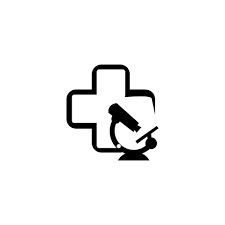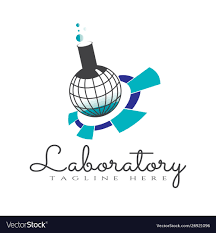What is the HBsAg Test?
The most common test for hepatitis B is the HBsAg test. If in the test, there is an indication of HBV virus presence in the serum, it will mean that the infection is present. The test identifies those people who might be at risk of spreading the disease, like:
- Blood donors
- Pregnant women
- IV drug abusers
- healthcare workers
- Institutionalized people
- Transplant donors
- Recipients
- Semen donors for artificial insemination
For people who are chronically infected, a quantitative HBsAg test is used to monitor their treatment. The screening assays of HBsAg are mostly supported by confirmatory tests. They are then used to confirm repeatable reactive results. In the confirmatory test, the involvement of neutralization of the HBsAg in the sample by >50% using a human anti-HBs antibody is present.
When is it performed?
This test is performed for the following purposes.
- Screening
- Diagnosing HBV infection
- Evaluating HBV infection
- Monitoring HBV infection
- Assessing past HBV infection
- Assessing future immunity against HBV
You should get this test done as soon as possible if you have two or more of the following symptoms al together.
- Dark urine
- Fatigue
- High Fever
- Recurring and resistant fever
- Gray colored stools
- Loss of appetite
- Recurring nausea
- Consistent vomiting
- Pain in the joints
- Pain in abdomen
- Yellowish skin
- Yellow eyes
What does this test detect?
In this test, the main focus is to look for antigens, antibodies, or the genetic material of HBV. The HBV substances are the Antigens of from the virus that cause your body to produce an immune response. After the immune response, antibodies are produced in response to the virus of HBV.
The main detection will be for Hepatitis B surface antigen (HBsAg): These are various proteins found on the surface of HBV. They can be detected in the test.
What are the benefits of this test?
One of the major benefits of this test includes that you can get it done in almost all the labs and hospitals. You don’t have to go somewhere specific for this test. It is not expensive at all and a pretty basic test. It will indicate if you have any infection. You can also get this test as a precaution when you think that you have been exposed to the virus.
When should I know the results of this Test?
The time when you get the results depends on from where you get your test done. It can be done within anywhere from a few hours to a day. But most probably the reports are compiled within an hour or a few hours. These days, you can also have a look at your test results online.
What are the HBsAg Test Results range?
The results of this test can either be qualitative or quantitative. The test results are expressed in International Units known as IUs. They can also be expressed in signal per cutoff (s/c) value.
Followings are the conditions when the test results will be positive and negative:
- The hepatitis B surface antigen (HBsAg) level of less than 1 s/c is considered negative.
- The hepatitis B surface antigen (HBsAg) level of more than 5 s/c is considered positive.



.png)
.jpg)
.png)


.jpg)
.jpg)
.jpg)
.jpg)
.jpg)